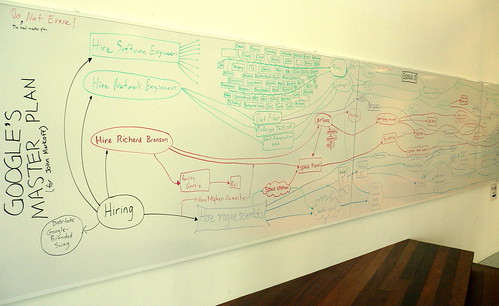Elite athletes continually push their limits. They find new gears or fall behind. Pushing limits has been the key to me competing at the elite level for two decades and winning 15 world championship titles. In this Elite Action Series, I’ll share strategies from elite athletes that can shake up your performance and push your limits. Let’s start with the plan that comes from inspiration.
Strategy 1. Be Systematic
It’s a rare athlete that stumbles into greatness. At some point, elite athletes go beyond the pure play of sport and add a perspective. I want to be the best. or I want to become spookily consistent at this skill or I want to be stronger than anybody on the field or I want a strategy to defeat every opponent.
It’s kind of like when we want to lose weight but reach mindlessly for the pile of doughnuts every morning. Yeah, it would be nice to be trim again, but we don’t believe in that dream enough to change our behavior. Now we get diagnosed with heart disease and we have a real goal: stay alive. Tempting as they are, doughnuts are not part of our lifesaving plan. The plan becomes clear once we believe in the goal.
In 1992, I rediscovered my sport after a long layoff. Playing with some of the best freestylers year-round in perfect conditions by the beach was awesome. I had a vague desire to get better but was basically stumbling along. Then I started talking to Dave Lewis, a player who had rediscovered the sport within a week of me. We both wanted to become champions, to see how far we could take our games. Having Dave as a partner in crime allowed me to transform my vague desire into a goal, get specific about where to improve and get systematic getting there. We worked out beyond the recreational sessions, and more importantly we approached our improvement systematically. By the next year, we had won our first tournament and nearly made the finals of the world championships. Four years later, we had won the world championships.
Same thing happens beyond sports. We try to get through the week, meet a quota or finish a project. We might be doing a good job, but we’ve plateaued. Then new perspectives arrive, like I want to be a rockstar presenter or I want to be a master of strategic insights or I want to write inventive, secure and amazingly crisp code. And with the arrival of those perspectives comes something else: a plan, a systematic plan to take you to greatness.
Which pile of doughnuts are you reaching for every day? More importantly, what’s that big goal? You know, the one you can only whisper to yourself. The one that makes the doughnuts less important. What if you said it out loud? What would it take to make it real?




wonderful post, arthur. i am at a plateau right now in pushing my business to the next level. i know what i have to do, i have all the tools i need to get there, but i find myself reaching for that metaphorical “pile of doughnuts” instead. still exploring my behind-the-scenes reasons for this (which primarily have to do with fear), but it’s time to transform my dream into a clearly stated goal.
What would the best possible friend say about your dream, a friend who is both brutally honest and unflinchingly loyal to the idea of you enjoying an amazing life?
What a great post, Arthur. OK, the donuts have made me hungry… What struck me like a thunderbolt is: the plan becomes clear once we believe in the goal. I make plans all the time, but I don’t stick to them. I think I need to go back and really ask myself, do I believe in the goal? Do I really think I can do it? For me this applies both to losing weight and building my business. Thank you for getting me thinking at a deeper level. Can’t wait for the next post in the series.
That’s a great question. I wonder if an even more inspiring goal will emerge.
PS: Stay tuned for the next post tomorrow!
Arthur, you are spot on by saying we don’t believe enough in the dream to change the behavior. I have found this so true for high school and college students. They want great things for themselves, but so many of them think that someone should give it to them. They graduate and want a position with a title, expense account, and company car because they deserve it. What they need is a job so they gain some experience, develop their natural talents into strengths, and then work to achieve extraordinary success.
There’s training to be done to build students’ skills at asking the hard questions like “what is my skill level now and what’s needed for what I want?” or “if I don’t have this skill and experience, where can I get it?” and “Am I willing to work for the payoff I’ve been daydreaming about?” The celebrity culture creates illusions about how easy it is to hit big, and I think the “you can be whatever you want to be” aphorisms are ultimately misleading and destructive. We all have a responsibility to share reality checks with those around us, whether they are high school students or people our age.